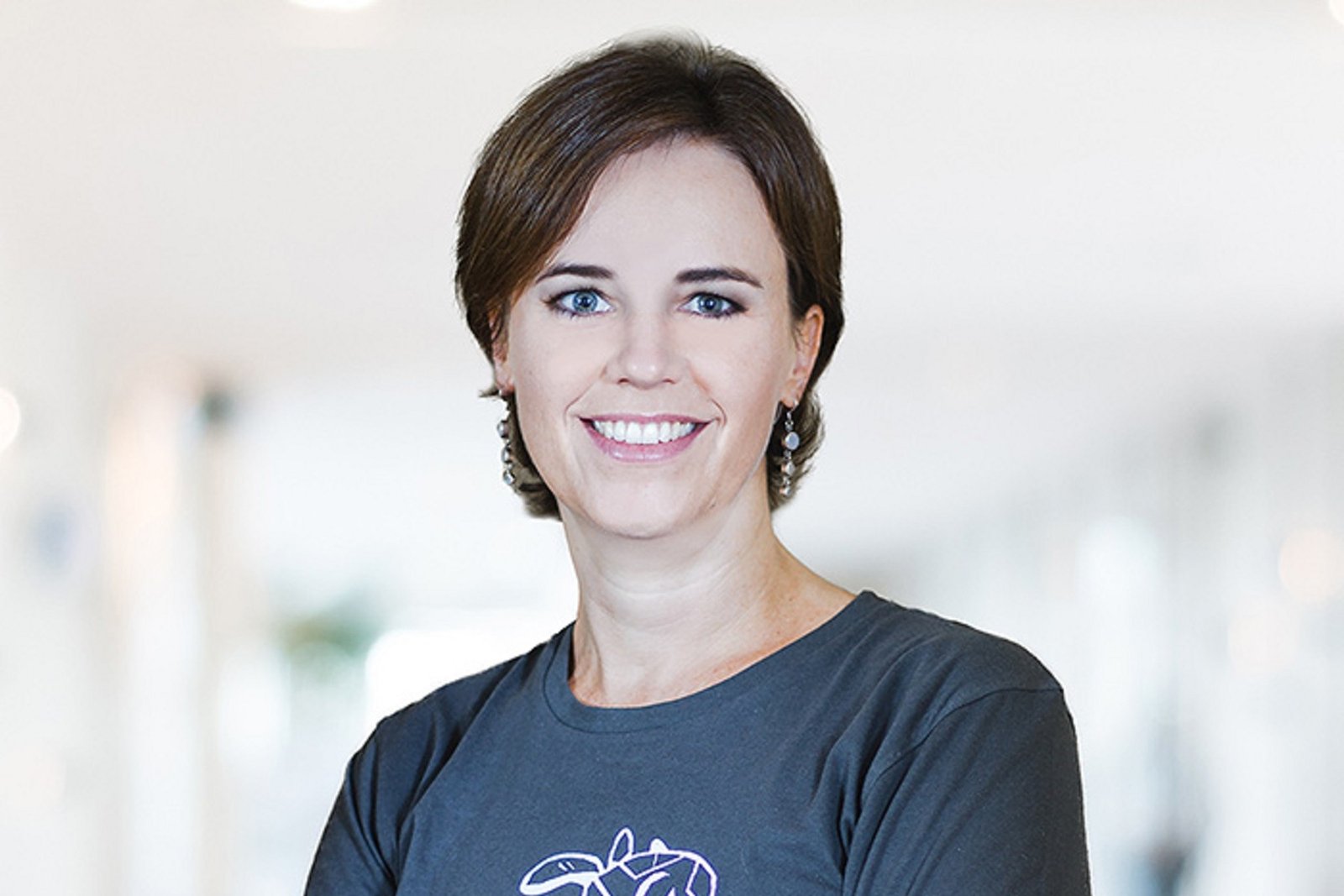- Technology
- No Comment
Mukuru leverages WhatsApp’s Business API to better serve customers

By Joanne Carew for CIO.com
Money transfers in Africa are essential to keep people and businesses connected. As one of the leading services on the continent, Mukuru saw a way to leverage WhatsApp’s Business API to boost the level of service they provide to customers. Here’s how they did it.
Mukuru, the money transfer app, started out 20 years ago as a simple platform designed to allow someone in London to buy an international phone voucher to connect with friends and family in Zimbabwe. Initially only available in the UK, the platform later grew into a place where migrant workers could send money back to Zimbabwe. Most migrant workers at the time were sending home remittances via informal means, which was risky, expensive and unreliable. But as Mukuru developed their technologies and expanded partnerships, it was able to offer safer, more reliable electronic remittances, and boost financial inclusion as a result.
According to CIO Sandy Rheeder, what Mukuru actually sells to people is the promise of an honored transaction.
“In terms of financial services, especially when there’s a cash component to it, your moment of truth is ‘I have this cash voucher and received communication on my cell phone, so now I can get the cash,’” she says. But it’s not always easy. Operating across 13 African countries demands that she and her team work with various mobile network operators (MNOs), all of which must be integrated to ensure Mukuru’s customers get their money. “Making sure all those connections are up and running, and managing the infrastructure behind it, is a massive challenge when you scale as a platform business across multiple territories,” she says. “Connectivity is also a major problem in Africa. When a connection goes down, the promise we make to our customers is at risk.”
Meeting customers where they are
As such, they had to come up with a way to diversify how they send messages to their users by creating redundancy so messages are always received. WhatsApp recently made it possible to create utilities messaging via an API, which Mukuru now uses as an alternative to SMS, the current industry standard. Luckily, they didn’t have to waste time getting buy-in from business.
“We never have to secure buy in from business,” she says. “This is a unique thing in the fintech space, which allows us to move quickly versus traditional businesses where IT is a separate silo to the business function.” While she and her team believe this approach solves a real problem for their customers, they aren’t forgoing SMS entirely. “Some customers might not have data, but they have the ability to receive an SMS,” she adds. “We had to make WhatsApp more of a fallback mechanism, so customers can choose depending on their data and airtime situation.”
While using WhatsApp’s business API was new to the team, they already had deep skills managing and dealing with APIs, so the learning curve wasn’t too steep. “Fortunately, we do API integrations all the time, so we have strong skills in-house already,” she says.
According to Rheeder, Mukuru took a risk on whether the market was ready to adopt this approach, but if the numbers are anything to go by, it was. “We launched in South Africa in late May and we delivered 700,000 utility messages to our customer base in June alone,” she says. “This is a much higher delivery rate than what we get from SMS communications, and it shows people are willing to change their behavior.”
For Mukuru, there’s a massive opportunity landscape when looking at Africa’s emerging consumer. “The challenge for me as CIO is to help the business figure out how to target these people, and who to focus on first,” she says. “While this might be a good problem to have, it also puts pressure on the business to make sure we know everything we can about potential customers.”
She believes this particular project showcases the importance of knowing what’s going on in the market in order to improve operations, better deliver on what’s most important to customers, and make sure customers are met where they are.
“For the Mukuru customer, removing the barrier to entry is essential.,” she says. “People are already chatting with their friends using WhatsApp so we make financial services available here, and we can make our products relevant to customers without asking them to download another app.”
